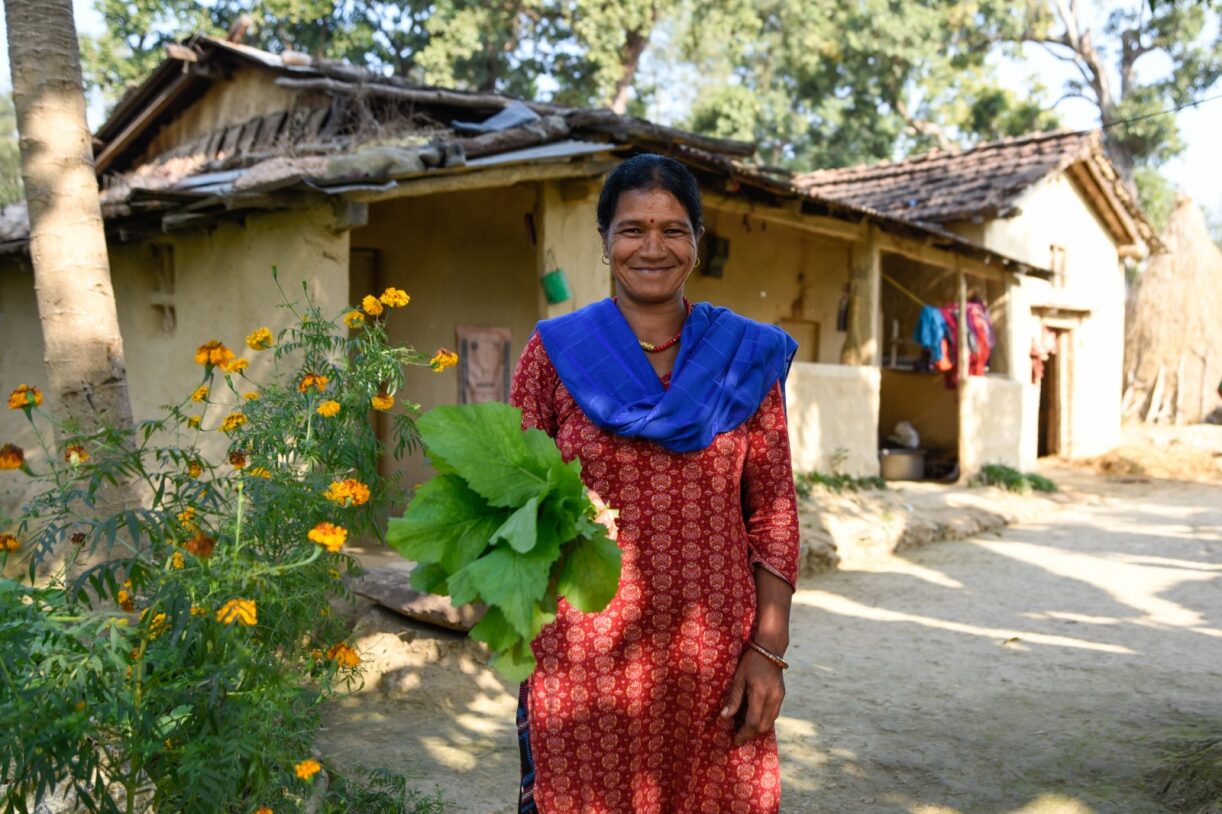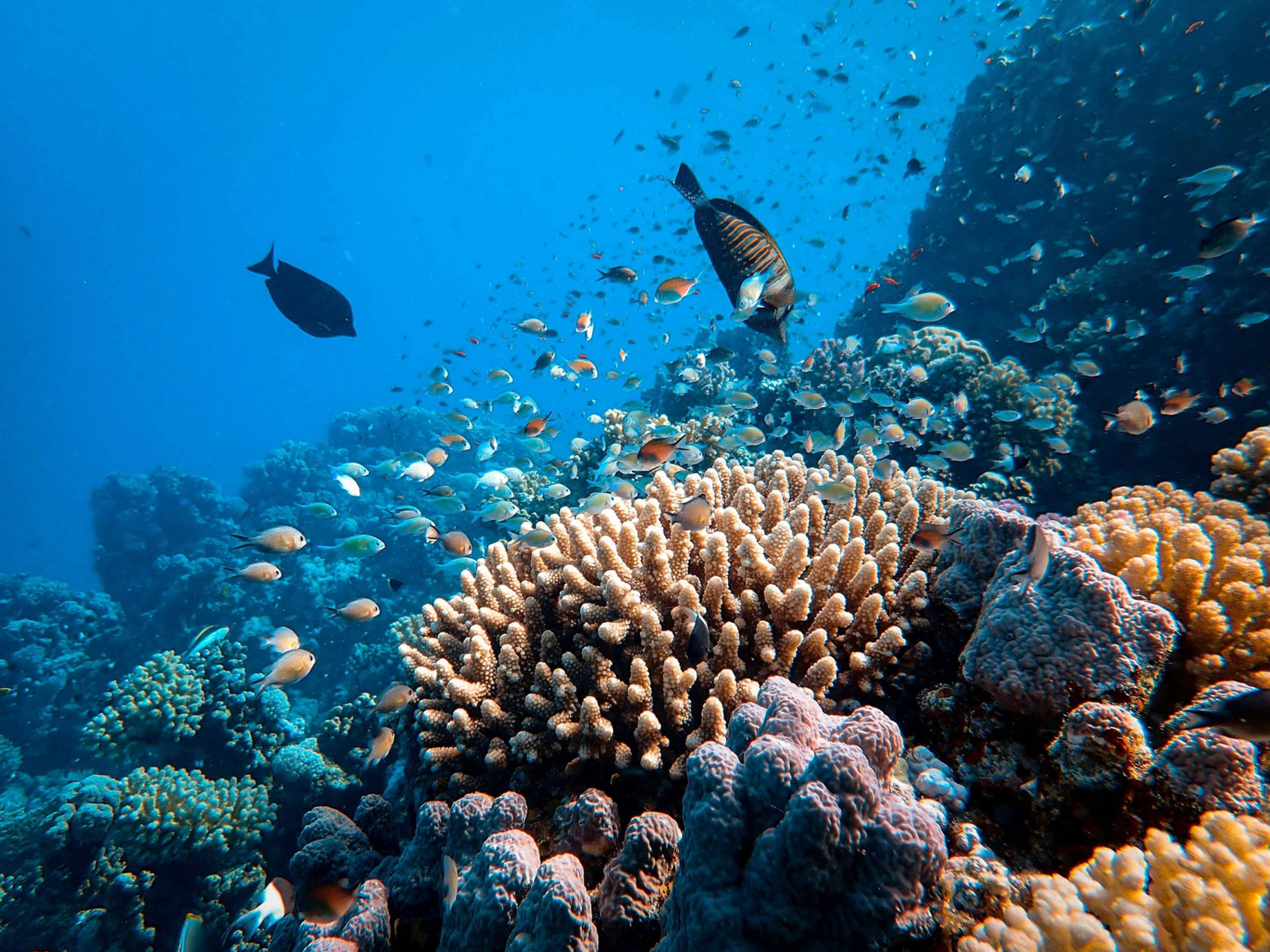TRI Countries’ Policy Milestones Published Through PANORAMA Solutions Website
All ten of TRI’s country projects have been published through the PANORAMA Solutions website, highlighting each team’s policy achievements and how they’ve impacted overall FLR goals. The solutions detail the projects’ policy milestones, challenges, beneficiaries, impacts, and building blocks and include inspiring stories to showcase the projects in action. Among the ten solutions, policy work focused on elaborating national strategies, integrating county plans, filling knowledge gaps, and conducting policy research.
Elaborating National Plans and Strategies to Implement FLR
TRI country teams facilitated the development of national policies implementing FLR, providing technical recommendations and helping convene stakeholders for development and approval. The Tanzania team helped elaborate the National Forest and Landscape Restoration Strategy, which will work with a number of policies to outline strategic objectives for landscape restoration, define priority measures and actions, and establish financing and monitoring arrangements. Similarly, in Cameroon, the team provided restoration recommendations developed from its ROAM assessments integrated into the national Harmonized Action Plan for the Restoration of Degraded Land and Forest Landscapes in Cameroon. In Guinea Bissau, the TRI team contributed to the National Mangrove Law and National Mangrove Strategy, providing input into policies filling gaps and regulating the sustainable management of the country’s mangrove ecosystems. The Forest and Landscape Restoration Implementation Action Pan in Kenya was also facilitated by both the TRI Kenya ASAL and TRI Tana Delta teams, which provided technical recommendations and helped consult stakeholders to ensure its passing.
County and Subnational Plans Integrating FLR
Various country teams also worked to integrate restoration and sustainable land management into county and subnational plans to ensure local implementation of FLR practices. The Kenya ASAL team provided technical input and logistical support for the creation of three County Environment Action Plans, integrating natural resource management and FLR at the county and local level (Marsabit, Isiolo, and Laikipia counties), while the Kenya Tana Delta team worked to mainstream FLR into county budgetary processes and elaborate the Lamu and Tana River County Integrated Development plans to include FLR and sustainable land management. In aims to address forest degradation, the TRI Pakistan team facilitated the development of forest management and landscape restoration frameworks in the four districts of Sherani, Chitral, South West, and Gilgit Baltisan (Diamer). On the subnational level, the TRI team in the Democratic Republic of Congo helped develop the Provincial Strategy for the Restoration of Forests and Landscapes in South Kivu, which outlines the priorities and actions to be taken for FLR, including best practices on the protection of subsistence crops, promotion of fodder production for livestock, and classification of potential restoration options depending on geographic zone.
Filling Knowledge Gaps and Conducting Policy Research
In three countries, the TRI teams also aimed to fill knowledge gaps and provide research to identify FLR-related areas and interventions that needed to be prioritized in policy development. In China, the TRI team developed policy suggestions on promoting the green development of State Forest Farms and a research report on innovative management mechanisms and systems of state-owned forest farms. The TRI Central African Republic team also worked to fill existing knowledge gaps by contracting graduate students with the Central African Agricultural Research Institute (ICRA) and the Higher Institute for Rural Development (ISDR) to carry out a valuation of ecosystem services. This on the ground research will subsequently inform the team’s technical recommendations for future policies. Lastly, the TRI Sao Tome team created a National Platform for Forest Landscape Restoration to support FLR work and facilitate communication between stakeholders as well as conduct gap analysis of existing policies, laws, and regulations on forest management, conservation, and FLR.
The Restoration Initiative (TRI) unites 9 countries, three GEF agencies, 11 project teams, and numerous support staff and external partners together to overcome existing barriers to restoration and restore degraded landscapes. Overall, TRI aims to contribute to the restoration and maintenance of critical landscapes to provide global environmental benefits and enhance resilient economic development and livelihoods, in support of the Bonn Challenge. In support of these objectives, country teams have worked to establish policy and regulatory frameworks that support FLR while incorporating biodiversity conservation, accelerated low GHG development and emissions reduction, and sustainable livelihood considerations.



